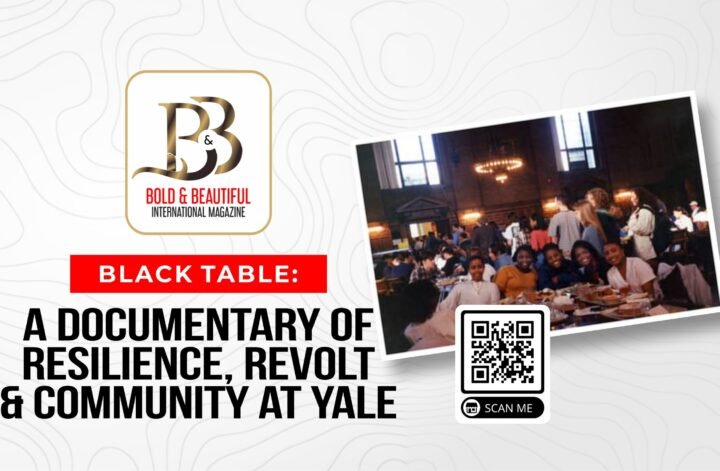In the wake of the Supreme Court’s decision to end affirmative action, the Tribeca Film Festival’s 2024 Spotlight Documentary, “Black Table,” illuminates the experiences of the largest Black class at Yale University in the mid-1990s. Against a backdrop of racial tension and societal upheaval, this powerful film captures how these students forged a supportive community at an Ivy League institution often perceived as unwelcoming.

The mid-1990s marked a tumultuous period in the United States, following the brutal beating of Rodney King and the subsequent race riots. It was during this era of the “Great American Divide” that Black students entered Yale, striving to find belonging amidst racial strife. “Black Table” chronicles their journey, highlighting their creation of a “safe haven” at the Black Table, a symbol of solidarity and cultural affirmation within the university’s dining hall.
Almost thirty years later, as Diversity, Equity, and Inclusion initiatives face relentless attacks, the documentary’s cast and crew aim to immortalize these stories of perseverance and unity. The premiere of “Black Table” on June 8 served as a poignant reminder of the critical need for such spaces. Class of 1994 alumna Imani Perry, now a Harvard professor, emphasized the enduring loss to elite institutions as they move away from affirmative action, underscoring the intellectual and cultural void left by a decreasing Black student presence.

Executive Producer Alisa Payne and Directors John James and Bill Mack masterfully convey the historical and contemporary significance of these communal efforts. Their interviews delve beyond the physical Black Table to explore the broader narrative of Black resilience and identity in America. This reflective lens offers a profound commentary on the ongoing struggle for racial equality, illustrating that while the film is rooted in the past, its themes are ever-relevant.
“Black Table” not only revisits the experiences of the class of 1997 but also resonates with current and future generations. As Mack articulates, the film aspires to foster empathy and understanding of the Black student experience in higher education, highlighting the persistent racial challenges and the necessity of supportive spaces. This documentary stands as a testament to the enduring spirit of community and resilience that continues to inspire and inform the fight for equality.





